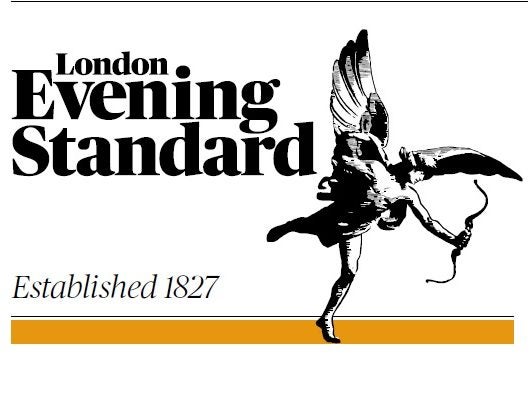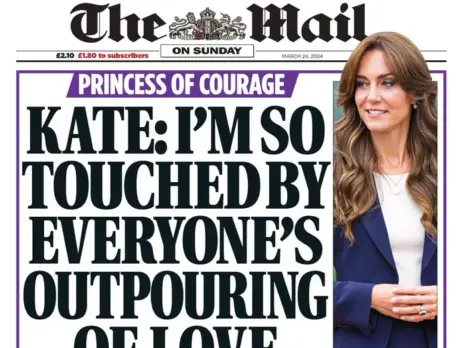
The Evening Standard and chairman of the UK’s largest press regulator have written of their opposition to the section 40 law that would see publishers pay both sides’ legal fees in court cases, even if they win.
In a leader column, published in today’s Evening Standard, the newspaper called section 40 a “bad law” that “must be repealed”.
It added: “It is not too dramatic to say that it could destroy media freedom in this country and force publishers out of business. [Section 40] is an iniquitous provision worthy of the world’s most autocratic regimes.
“This is not special pleading but about protecting the basics of our democracy.”
Section 40, part of the Crime and Courts Act, has already been enacted by Parliament but has yet to be implemented. Under its terms, publishers not signed up to a Royal Charter regulator – of which there is currently only one in Impress – would be liable for the added legal payments.
The majority of newspapers are signed up to the Independent Press Standards Organisation (IPSO), which has said it will not seek Royal Charter recognition.
The Standard, Guardian and Independent titles are all self-regulated.
IPSO’s chairman, Sir Alan Moses, also writing about section 40 in today’s Standard, rallied readers to “fight to prevent the coming attack on press freedom”.
He said that under the law, claimants would have a “free ride” against newspapers “however bogus their case” in the knowledge that a newspaper’s publisher would be liable to pay their legal fees.
“To avoid the risk of a claim, a newspaper could not publish anything to which anyone could possibly object,” said Moses.
“If it dares to be controversial or, heaven forfend, investigate or expose wrongdoing, it runs the risk of crippling costs even if it wins.
“It will incur the fatal expense of defending even the most outrageous of claims in court or in arbitration — fatal in the case of most local and some national newspapers which could not survive this Parliamentary incitement to spurious legal claims.
“There are those who would cheer to see the disappearance of some newspapers, whose views they discard. But we need an untamed, rumbustious press.
“We do not want to read pap. Newspapers exercise their freedom of thought and expression because it is our freedom. We must look after it now that it is under threat: if we do not oppose Parliament’s intervention into a voluntary system of regulation it is we, the readers, who will suffer.”
The Standard also raised concerns about Impress’ funding. It said: “This regulator is funded by charities set up by Max Mosley, a long-term critic of tabloid newspapers. No major publishers have signed up and it has barely any members.”
The government is running a public consultation about press regulation issues, including views on the implementation of section 40 and part two of the Leveson Inquiry, which closes on 10 January.
Professor of journalism and Hacked Off founder Brian Cathcart has previously told Press Gazette the “corporate newspaper industry” is making “dishonest” arguments on the issue of section 40.
He said: “Its entire campaign, promoted not only in national and regional papers but also in internal propaganda directed at employees, rests on just two claims.
First, that publishers – and in particular small, local papers – risk ruin as a result of the provisions of Section 40 of the Crime and Courts Act 2013, which could see courts awarding damages against a paper even if it wins a case. And second, that Section 40 is a plot to drive free publishers into ‘state-backed’ regulation.
“Section 40 gives every citizen a right of access to affordable justice in libel and privacy cases, and a news publisher could only suffer an adverse costs award on winning a case if it had denied the claimant that right.
“How could it be fair for a paper to force an ordinary reader into expensive court action when a far cheaper and quicker alternative was available?”
Email pged@pressgazette.co.uk to point out mistakes, provide story tips or send in a letter for publication on our "Letters Page" blog







